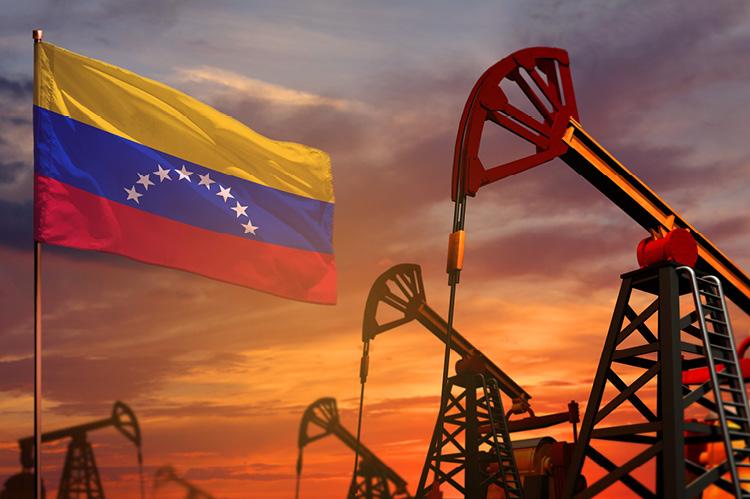Venezuela's Petroleum Industry Looking Into the Abyss

Hit by increasingly onerous US sanctions, weak global demand, inept management and an environment devastated by oil spills from massive refineries along the once pristine Venezuelan coastline, Petróleos de Venezuela, S.A (PDVSA) has been reduced to dismantling oil facilities, including pipelines, for scrap metal and selling their distinctive coveralls, emblazoned with the company logo, to make ends meet.
It marks a telling decline in Venezuela's fortunes. Once boasting the world's largest petroleum reserves and one of the principal founders of the Organization of Petroleum Exporting Countries (OPEC), Venezuela is on the verge of systemic collapse. The country that a decade ago was the largest producer in Latin America, earning about $90 billion a year from oil exports, is expected to net about $2.3 billion by this year’s end — less than the aggregate amount that Venezuelan migrants who fled the country’s economic devastation will send back home to support their families, according to Pilar Navarro, a Caracas-based economist.
PDVSA has kept minimal production going by sacrificing basic maintenance of equipment, at a growing environmental cost. The country’s Caribbean coast, a great source of national pride with its turquoise water and white-sand beaches, has been damaged by at least four large oil spills this year — an unprecedented number, according to Venezuelan biologists.
PDVSA’s social club, where locals used to gather to drink whiskey, play tennis and watch movies, is in ruins, and, like so much in town, smeared in oily, black residue. “There are no jobs, no gasoline, but the oil is spilling everywhere,” said Francisco Barrios, a baker.
What little oil PDVSA is able to sell is sold at a major discount. “You have a government that got almost $100 billion from oil, and now only gets $1 billion,” said Francisco Monaldi, a lecturer in energy economics at Rice University’s Baker Institute for Public Policy, and an expert on Venezuela’s oil industry. “I expect production to continue to fall, but it could go up when enforcement of sanctions isn’t as tough.”

